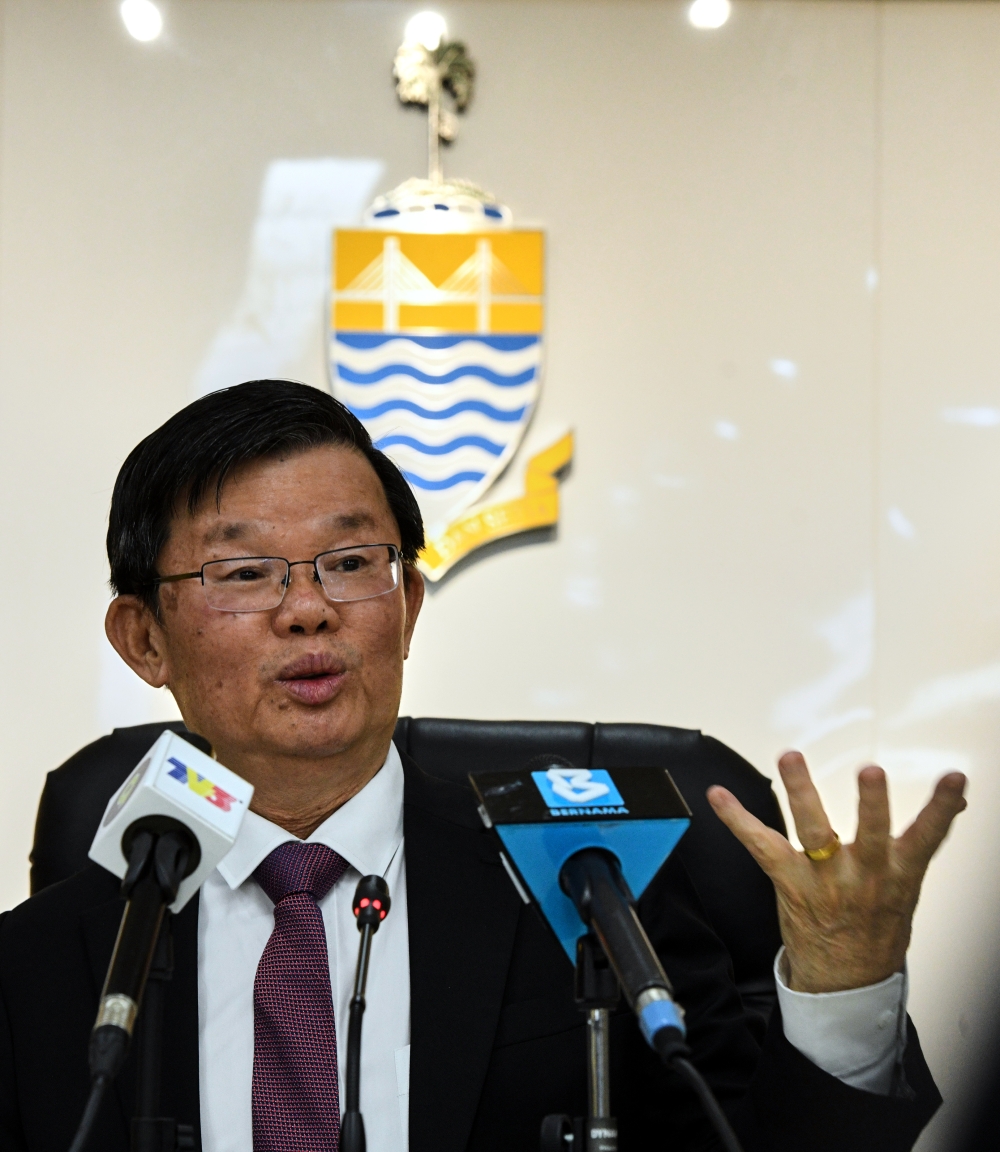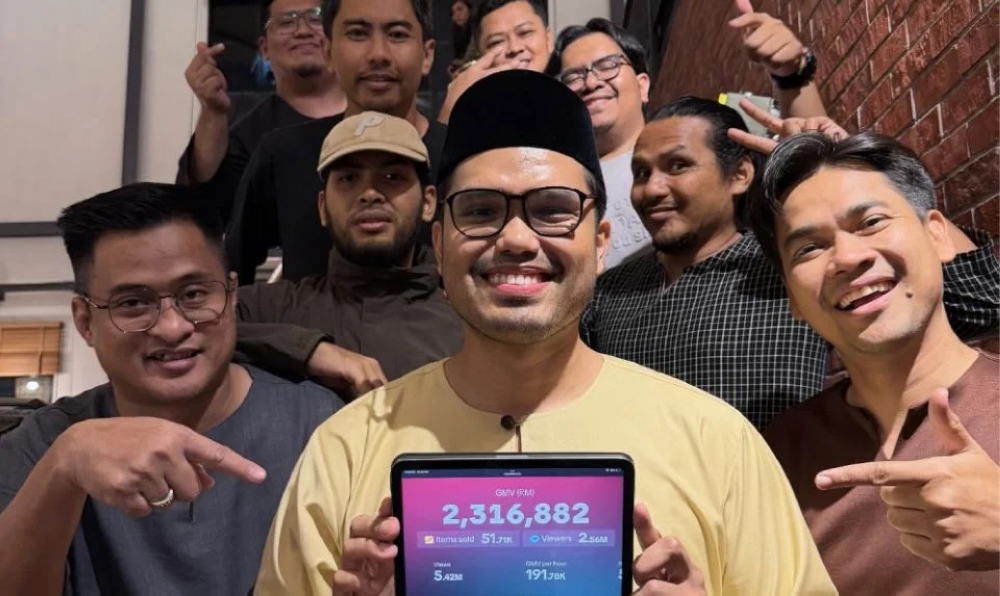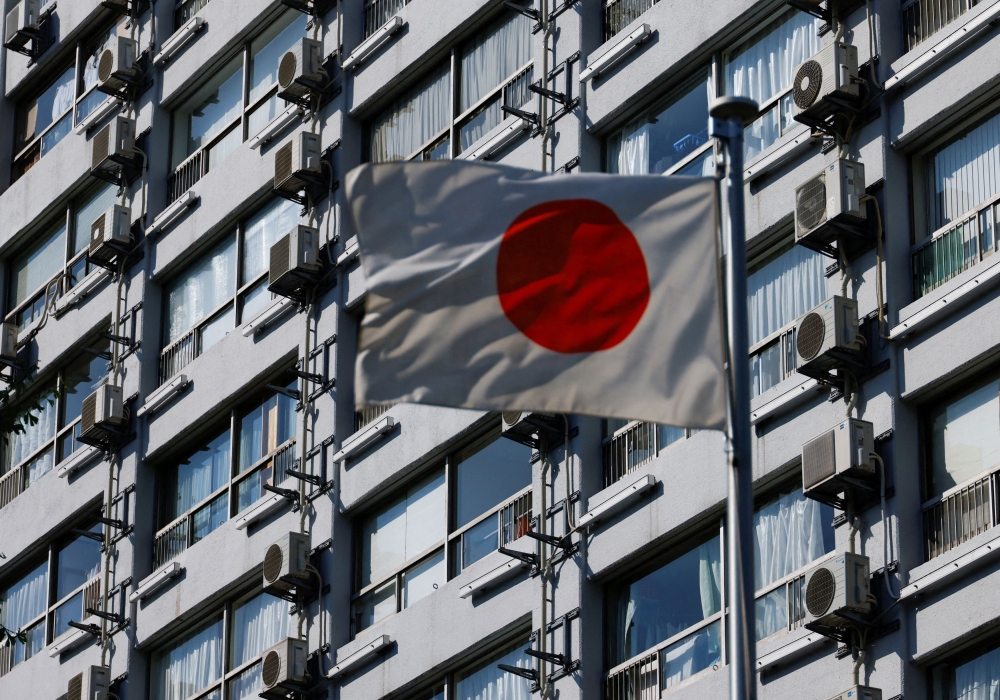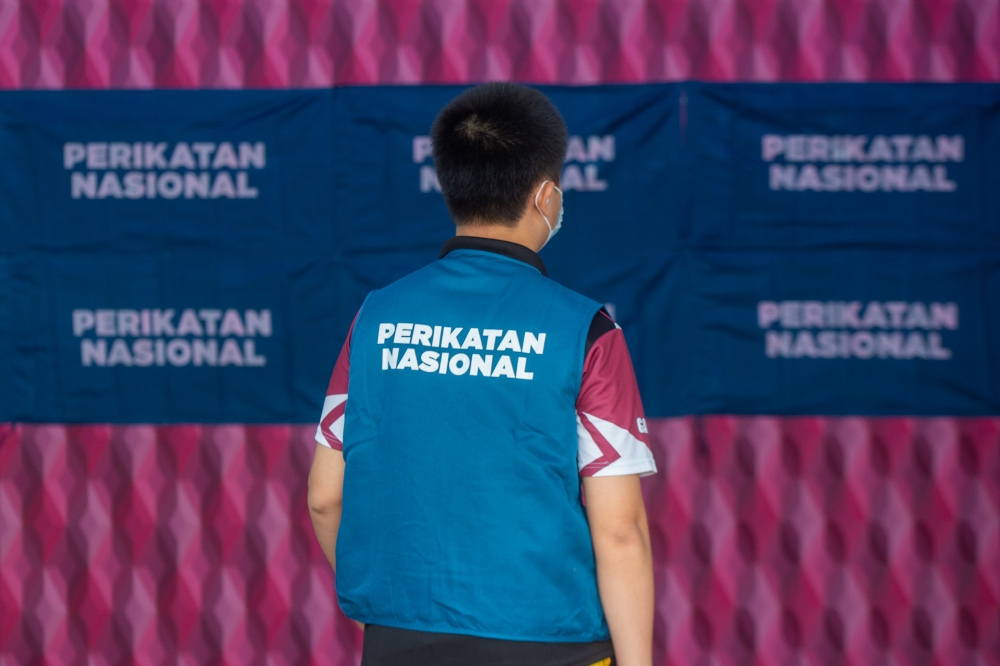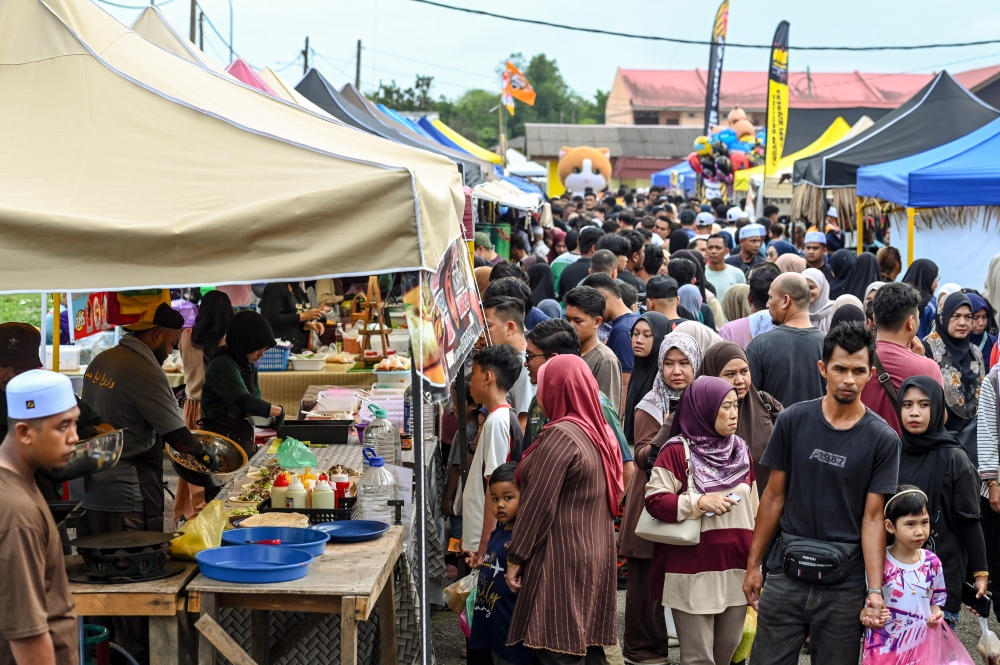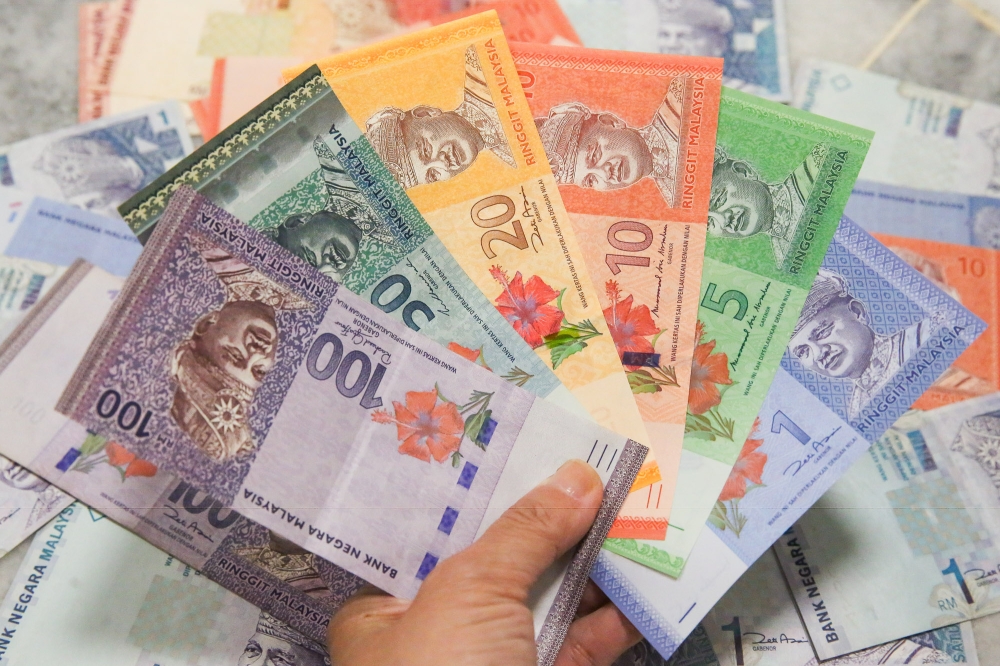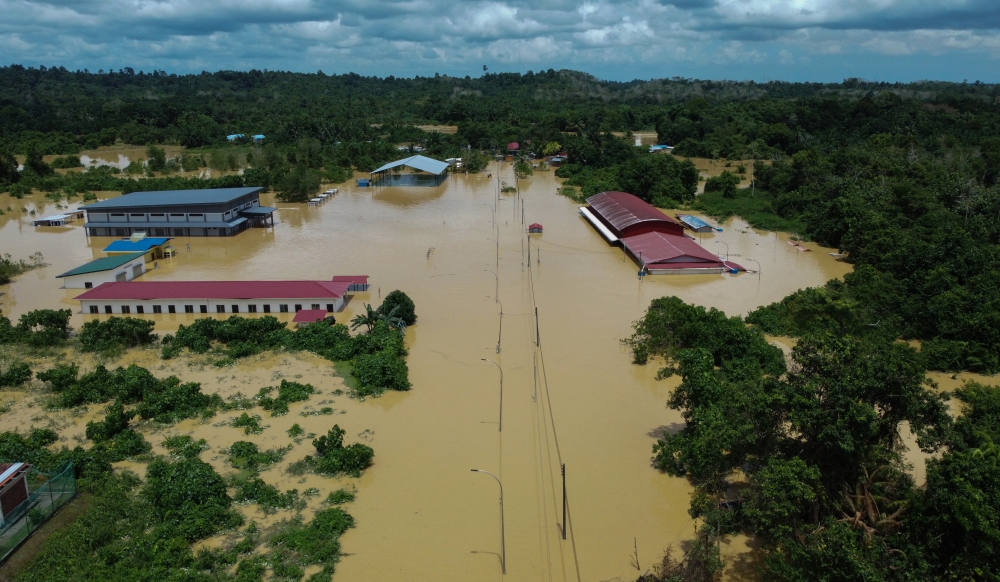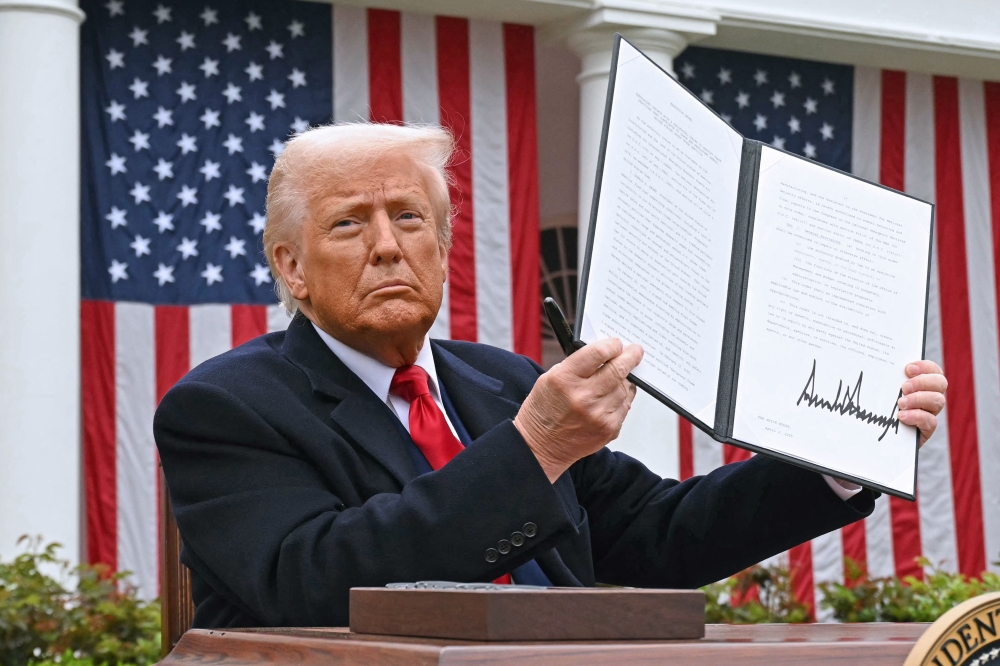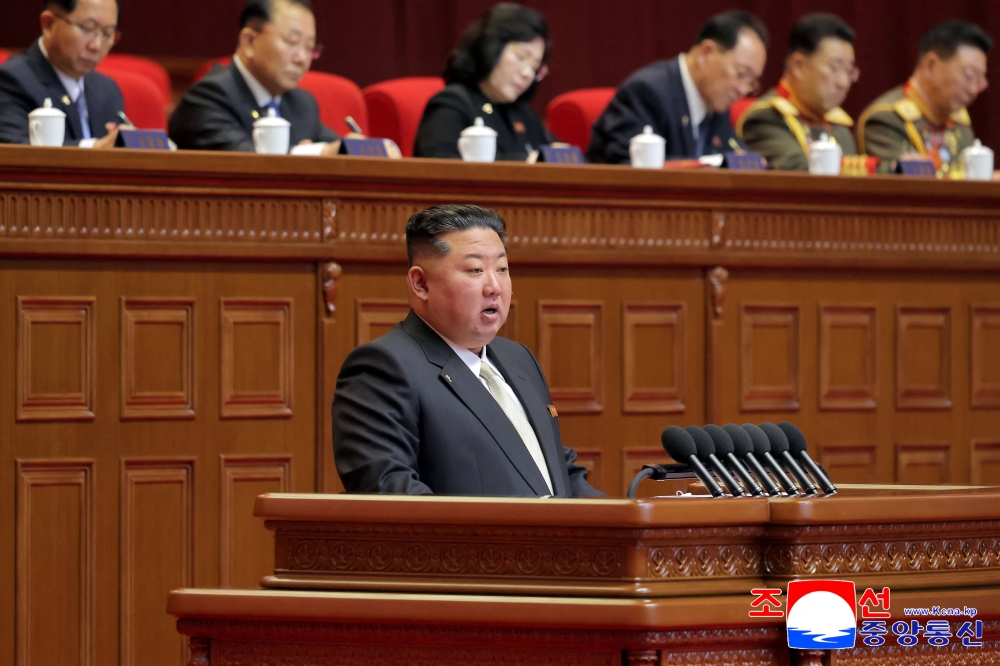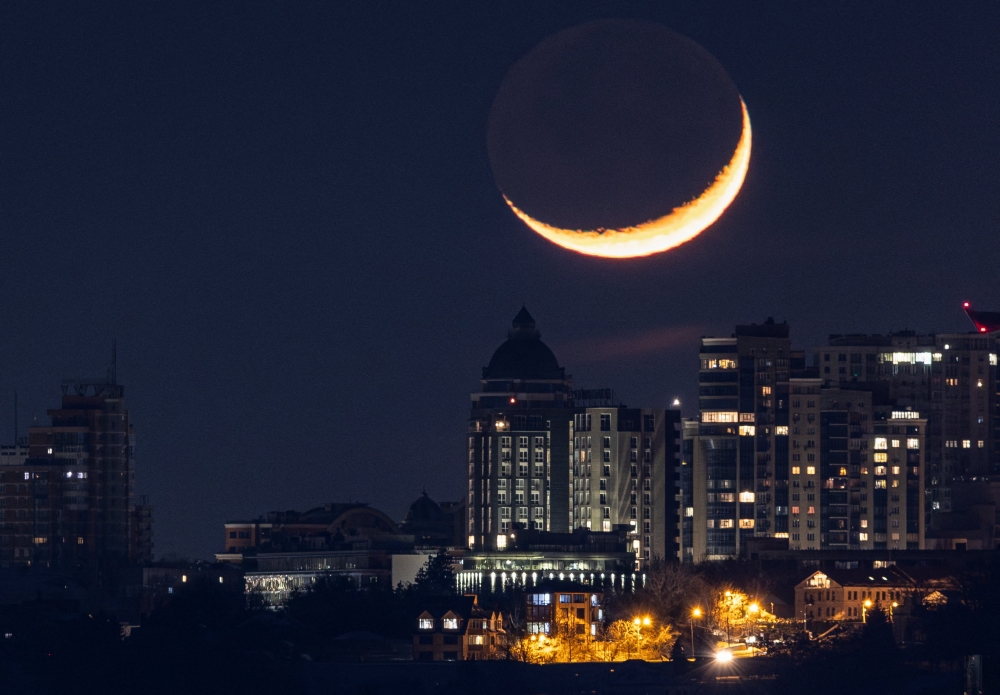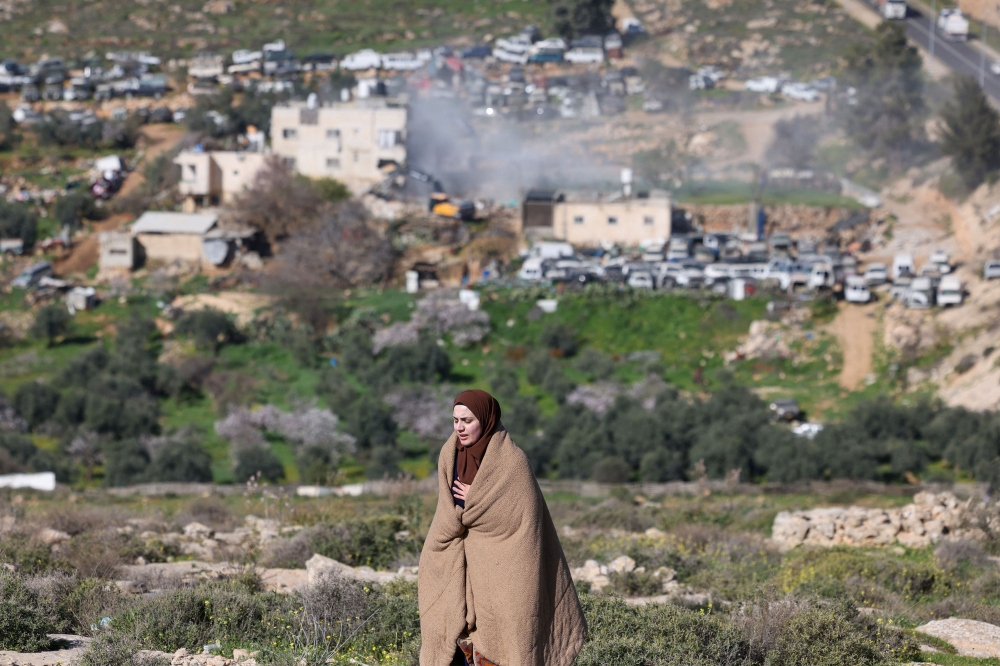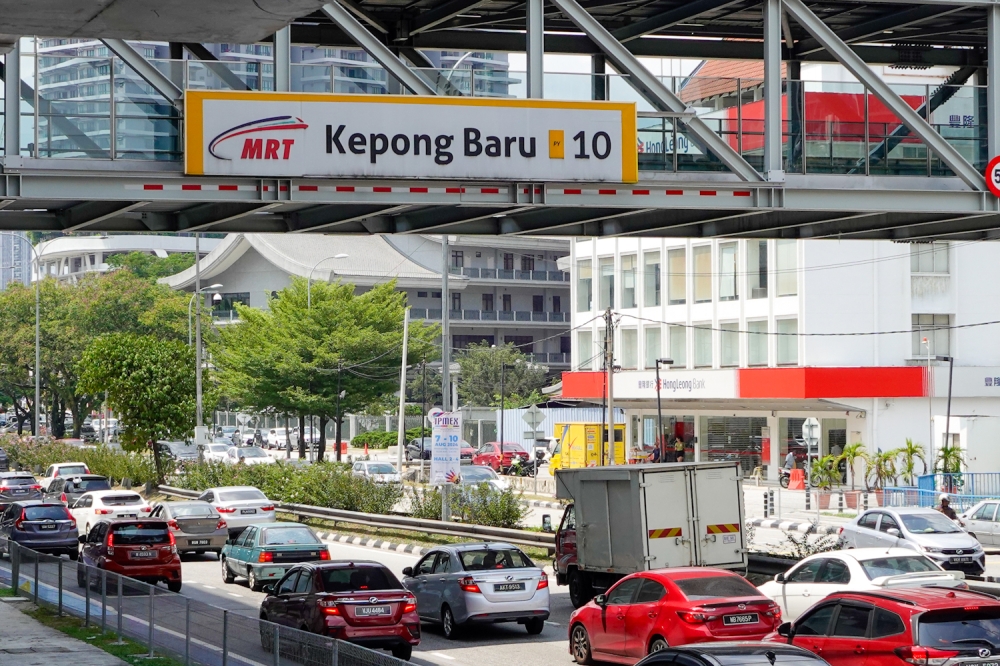BANGKOK, Nov 3 — Thailand’s government said today it had banned Pornhub and 190 other websites showing pornography, prompting social media anger over censorship and a protest against the decision.
Digital minister Puttipong Punnakanta said the block was part of efforts to restrict access to porn and gambling websites, which were illegal under the country’s cybercrime law.
But many Thai users trended the #SavePornhub hashtag on Twitter and criticised the shutting of a site in a country that was among the Top 20 by daily traffic for Pornhub in 2019 and which has a globally-known sex industry.
According to Pornhub, Thai users spent more time on the site last year, at 11 minutes and 21 seconds, than elsewhere in the world.
An activist group called Anonymous Party said: “We want to reclaim Pornhub. People are entitled to choices.”
A few dozen activists protested the block outside the digital ministry, holding banners saying “free Pornhub” and “reclaim Pornhub.”
Pornhub did not immediately respond to a request for comment.
Internet research firm Top10VPN said it saw a spike in searches from Thailand for Virtual Private Networks (VPN), which help circumvent censorship, by 640 per cent compared to the September-October daily average, after Pornhub was inaccessible from late yesterday.
Some internet users asked whether the ban was about trying to protect Thai morals, or because the site featured some compromising royal images.
Thailand’s government has faced months of youth and student-led protests demanding the removal of Prime Minister Prayuth Chan-ocha, a former junta leader, as well as reforms to reduce King Maha Vajiralongkorn’s powers.
A hashtag that translates as #HornyPower is trending on Thai Twitter following the Pornhub block, accompanied by comments or memes that the government could face greater opposition now beyond the protesters.
“If someone doesn’t hate the current military government, now they probably do,” said a Twitter user named Jirawat Punnawat.
Emilie Pradichit, director of the Manushya Foundation, which campaigns for digital rights, said the decision showed Thailand was “a land of digital dictatorship, with conservatives in power trying to control what young people can watch, can say and can do online.” — Reuters

